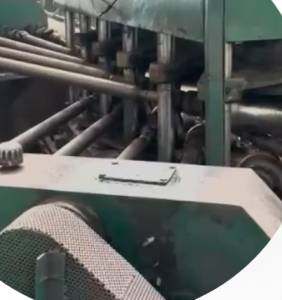Description
Destructive Testing: Ensuring Product Reliability Through Sacrifice
Destructive testing is a crucial process in engineering and manufacturing that involves deliberately damaging a product to determine its limits and evaluate its performance under extreme conditions. Unlike non-destructive testing methods, destructive testing results in the complete or partial destruction of the tested specimen. This sacrifice, however, provides invaluable data for improving product design, materials selection, and overall safety and reliability.
Why Choose Destructive Testing?
Destructive testing is essential for:
- Determining Material Properties: Accurately measuring critical properties like tensile strength, yield strength, fatigue life, and fracture toughness. These measurements are impossible to obtain through non-destructive methods.
- Verifying Design Specifications: Validating that a product meets or exceeds its intended design parameters and specifications under real-world stress scenarios.
- Identifying Failure Modes: Pinpointing the specific points of weakness or failure mechanisms within a product, allowing for targeted improvements in design or manufacturing processes.
- Ensuring Safety and Compliance: Demonstrating compliance with industry standards, safety regulations, and legal requirements through verifiable data obtained from rigorous testing.
- Predictive Maintenance: Understanding the failure points allows for the development of better predictive maintenance strategies, reducing downtime and overall costs.
Types of Destructive Testing We Offer:
Our comprehensive destructive testing services cover a broad range of methodologies, including:
- Tensile Testing: Measures the strength of a material by applying a controlled tensile load until fracture.
- Compression Testing: Determines the material's resistance to compressive forces.
- Bend Testing: Evaluates the material's flexural strength and ductility.
- Shear Testing: Measures the material's resistance to shear forces.
- Impact Testing: Assesses the material's ability to withstand sudden impacts. (e.g., Charpy and Izod tests)
- Fatigue Testing: Determines the material's resistance to repeated cyclical loading.
- Creep Testing: Measures the material's deformation under constant stress over an extended period.
- Hardness Testing: Evaluates the material's resistance to indentation or penetration. (e.g., Rockwell, Brinell, Vickers)
- Fracture Toughness Testing: Measures a material's resistance to crack propagation.
Our Commitment to Quality:
Our state-of-the-art testing facilities, combined with our highly skilled and experienced engineers, ensure the highest levels of accuracy, precision, and reliability in all our destructive testing services. We provide detailed reports with comprehensive data, analysis, and recommendations for improvement.
Benefits of Using Our Services:
- Accurate & Reliable Results: Data-driven insights for informed decision-making.
- Detailed Reporting & Analysis: Comprehensive documentation for regulatory compliance.
- Experienced & Certified Technicians: Ensuring the highest standards of quality and safety.
- Customized Testing Solutions: Tailored solutions to meet your specific requirements.
- Fast Turnaround Times: Minimizing downtime and accelerating your product development cycle.
Contact us today to discuss your destructive testing needs and learn how we can help you ensure the reliability and safety of your products.
